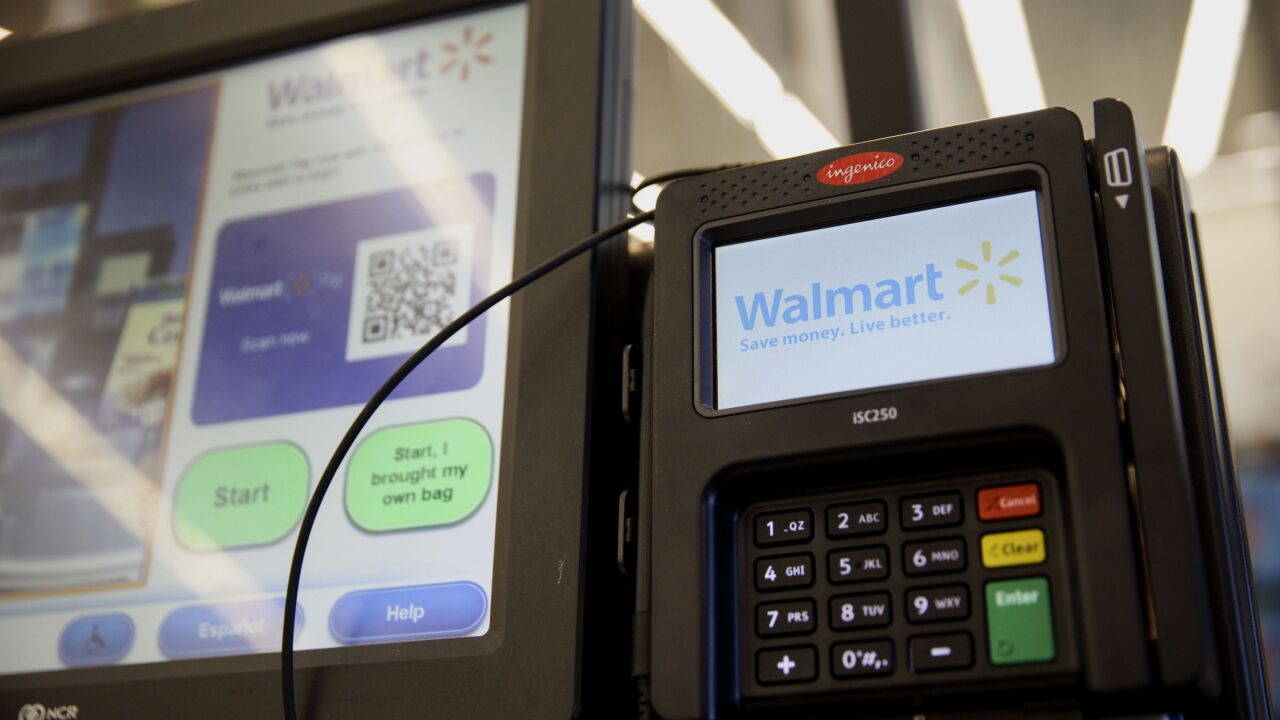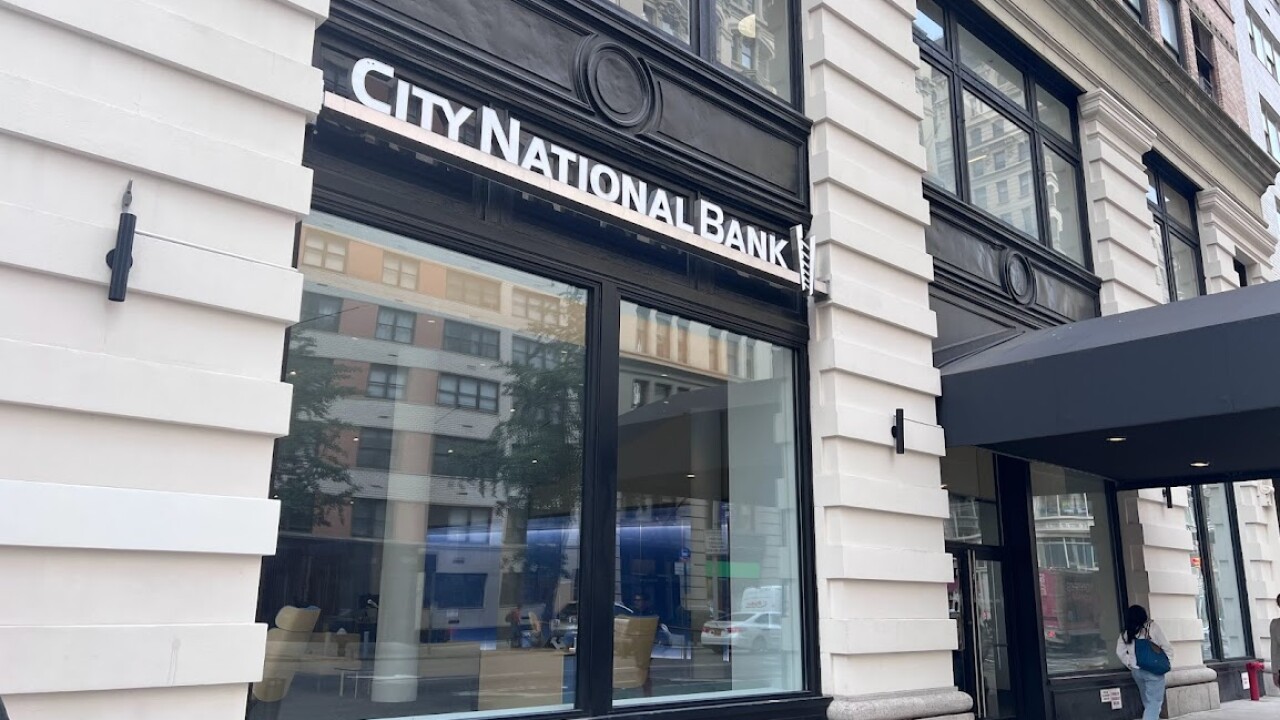
Visa today announced new digital capabilities for its credit and debit cards, including the ability for users to tap their own card on their own device to instantly provision a new card in a digital wallet; pay via credit or debit from a single account; and use facial identification for one-click checkout more broadly.
The product updates, more than a decade in the making, come after Visa has worked for years to
One of several new product features is the Visa Flexible Credential, which enables banks to issue a single card that toggles between payment methods. This enables consumers to choose to pay via credit or debit, spread payments out in four equal installments, assign payment to a virtual card with custom controls or pay with points.
For example, consumers could use their bank's online platform to set preferences so purchases under $100 are paid by debit, purchases over $100 go to credit and specific purchases could be designated for installment loans through the bank or purchased with a bank's rewards points, said Mark Nelsen, Visa's head of product for consumer payments.
"It's a new way of looking at the card, so consumers don't have to sort through multiple different 16-digit accounts when they decide how to pay. They simply have one account through their bank and a menu where they choose how to fund purchases in advance or on the spot," Nelsen said, noting that the flexible credential works online, in apps or in stores via contactless-enabled devices.
The process will build on existing merchant authorization technology, Nelsen said, noting that Visa will work with banks to develop individual use cases, powered by a preference engine Visa will provide.
"The merchant will send its usual signal to Visa with the transaction details, and Visa will determine how the purchase will be funded based on the rules the consumer has set up through their bank, and when the authorization goes through the transaction will be defined as credit, debit or a virtual card, etc.," Nelsen said.
North American banks have limited access to the feature now, and buy now/pay later provider Affirm will pilot it later this year, Nelsen said. Affirm founder and CEO Max Levchin earlier this month told analysts
Visa began piloting the flexible credential last year with certain banks in Asia, where it is now widely available. The feature will roll out next year to banks in Europe, Latin America and the Middle East.
Visa also announced a new Tap to Everything feature that builds on its existing
Another new feature the card network announced is Visa Payment Passkey Service, based on Fast IDentity Online, or
"We're making it so the one-click Apple Pay-like checkout works on any browser or device, creating a more streamlined and secure way to check out versus manual or other card data-entry methods," Nelsen said. Passkey also works on devices without biometric support, in which case it would be a passcode.
"The user controls access to their own device, and even if a criminal intercepted their passcode, such lost-and-stolen cases are difficult for fraudsters to scale," he said.
Visa is combining Visa Passkey Service with its existing Click to Pay checkout through issuers beginning this summer in North America. The service is in pilot in Europe now and rolling out to Latin America, Central Europe and the Middle East next year, Visa said.
Visa also is expanding its Pay by Bank support in North America, building on account-to-account payments it provides in Europe via
This summer Visa will also begin piloting new "data token" technology based on its existing payment token architecture that protects payment card details from exposure during the authorization process.
Data tokens house consumer shopping preferences, enabling consumers to decide which merchants may use their shopping data and preferences through a dashboard consumers control.
"When consumers agree to share their shopping data with merchants to help them find better deals and refine their choices, participating banks can use data tokens to let consumers decide which merchants to share that data with now in real time, adding transparency and control for bank customers over what data they're sharing online," Nelsen said. Visa will pilot data tokens globally beginning this summer.
Some of the new services will be baked into Visa's existing product pricing, but Visa has not fleshed out costs for each new product or enhancement, Nelsen said.
"We're not talking about economics yet; they may vary by market," he said.






